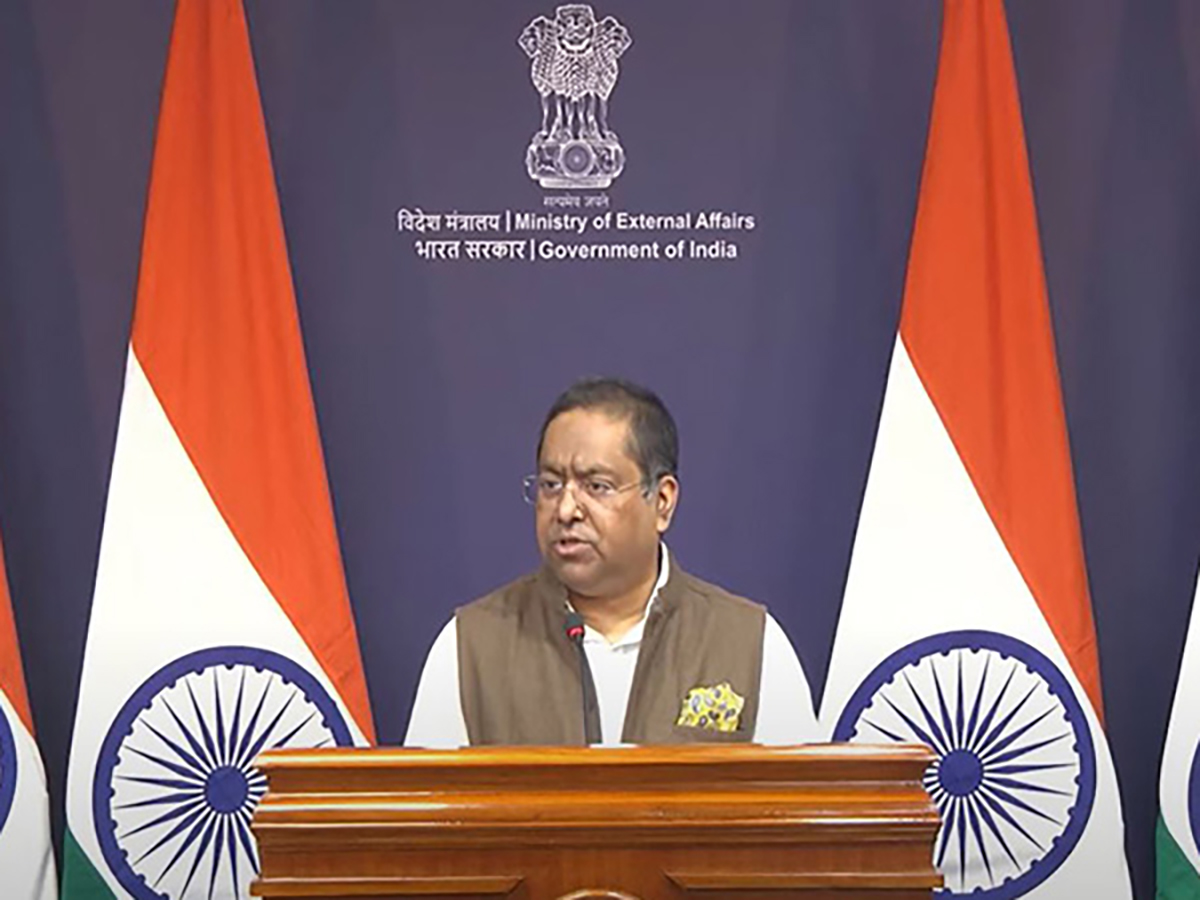New Delhi : A western disturbance over central Pakistan and its surrounding areas is expected to bring light to isolated rainfall in Punjab, Haryana, and Delhi-NCR over the next two days, starting Sunday, according to the India Meteorological Department (IMD).
In its latest forecast on Sunday, the IMD also predicted a cold wave across most of Northern India begining December 9.
Speaking to ANI about the weather in North India and Delhi-NCR, IMD scientist Naresh Kumar said that temperatures in Delhi-NCR will decrease after December 9.
“Western disturbance persists over central Pakistan and its surrounding areas… Light to moderate rain is expected in the Himalayas today and tomorrow. Light rain is expected in Punjab, Haryana, and Delhi,” Kumar told ANI.
“Temperatures may rise in Punjab, Haryana, and Delhi-NCR on December 8 and 9. After December 9, the temperature will decrease, and cold wave conditions may develop. The cold wave will first hit Rajasthan, followed by Punjab and Haryana,” he added.
According to an IMD release, cold wave conditions are expected in West Rajasthan from December 9 to December 14, while Punjab, Haryana-Chandigarh, and West Uttar Pradesh will experience cold wave conditions starting December 11.
The IMD defines cold wave conditions as a significant drop in temperature compared to normal climatological values for a given location.
Meanwhile, residents sought refuge in night shelters set up by the Delhi government amid the inclement weather on Saturday night.
Shelters have been established at various locations in the national capital, including AIIMS, Lodhi Road, and Nizamuddin Flyover.
Delhi’s air quality also deteriorated, with the average Air Quality Index (AQI) dropping to the ‘ very poor’ category on Sunday. The AQI was recorded at 302 at 4 pm.
Earlier on Thursday, the Supreme Court permitted the Commission for Air Quality Management (CAQM) to relax GRAP Stage IV restrictions in Delhi-NCR, downgrading them to GRAP Stage II in view of improved air quality.
However, GRAP Stages II and I will continue to remain in effect across the region.






